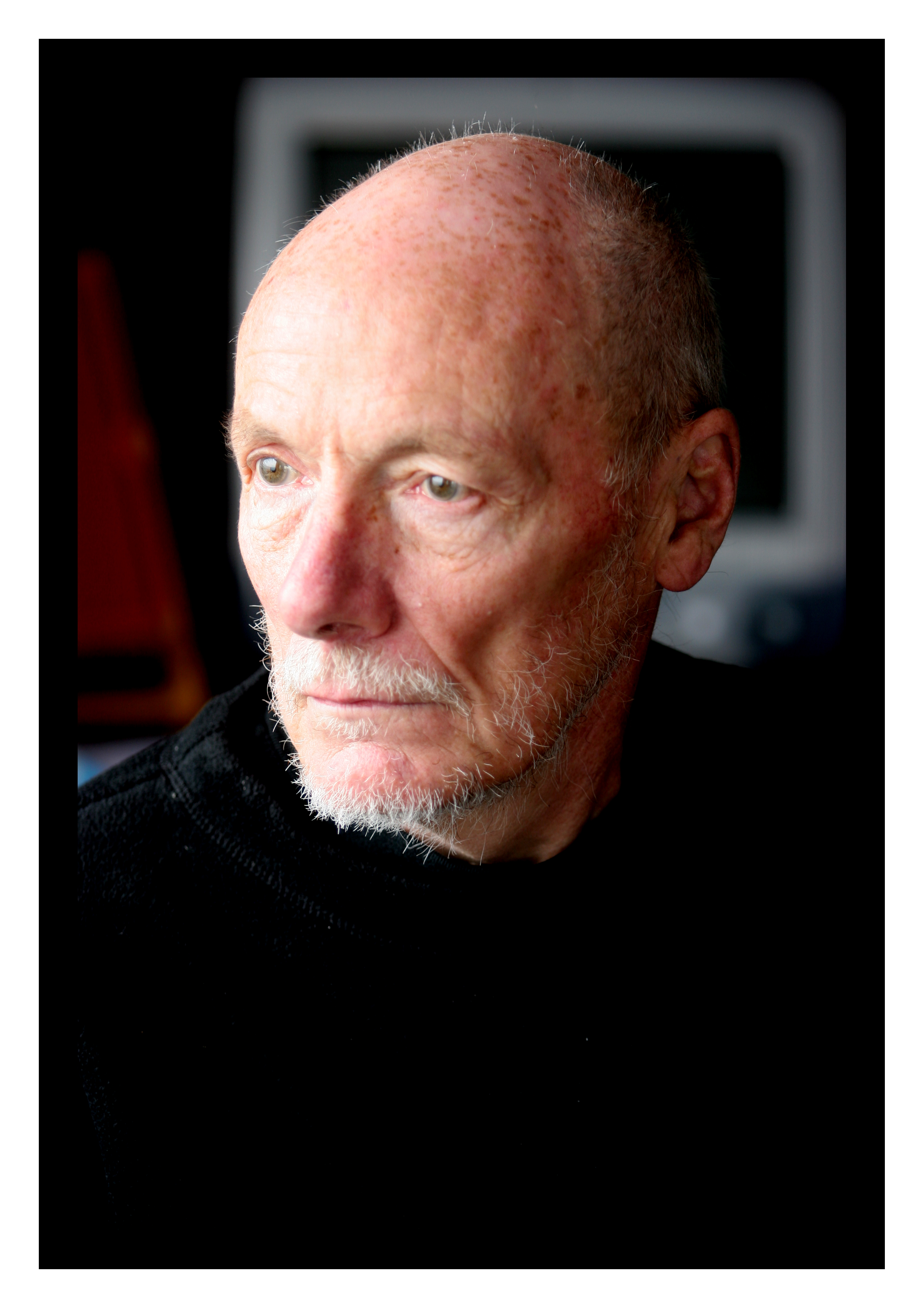- Home |
- Search Results |
- An editor’s take: 20 years in awe of Tim Robinson’s writing
An editor’s take: 20 years in awe of Tim Robinson’s writing
Brendan Barrington wasn't expecting to see another manuscript from Tim Robinson, but then it landed, like a miracle, on his desk. Here he reflects on Tim's work, and the triumph of Experiments on Reality.

I have known Tim Robinson for more than half my life. I’ve been his editor across six books and two publishing houses. I’ve been the recipient of his, and his partner M’s, hospitality in Connemara, where they lived for many years, and in London, where, somewhat beset by ill health, they live now.
Working in publishing is a great demystifier. The myths of artistic genius can scarcely survive the day-to-day exposure to the ordinary humanity of even the most remarkable writers. And yet, my sense of Tim Robinson’s genius, and my feeling of awe in the face of what he can do with words, is completely intact after twenty-plus years of working with him. I am no closer to understanding how he does the astonishing things he does than I was when I first read his work in the mid 1990s.
His work takes two forms: the vast but formally perfect polymathic explorations of small places (the two volumes of Stones of Aran and the three of Connemara), and the astounding essays, in which he connects the dots between the personal and the cosmic with an artistry to match that of the greatest practitioners of the form. His new book, Experiments on Reality, is a collection of essays – and its very existence seems a sort of miracle. After Tim completed the Connemara trilogy, he indicated to me that there would be no more books. This seemed fair enough: he had, surely, exhausted the astonishing well of experience and observation gleaned from decades of exploration.
'What I should have realized was that a great essayist never runs out of material'
What I should have realized was that a great essayist never runs out of material – and that there were chapters of Tim’s life that he had treated only briefly, or not at all, in prose. I knew, in the way that anyone who reads his author biogs knows, that he grew up in Yorkshire. But here – when the MS of Experiments on Reality landed on my desk the old-fashioned way, via the post – were essays about his childhood, a thing I’d scarcely imagined. Here, too, was a dazzling prose account of a story I’d only heard him tell orally, about a visit in 1958 to the monastery of Mount Athos: a place of spiritual mystery and, it seems, barely concealed debauchery. And a recollection of a very brief collaboration with the Black Panthers in late-sixties London. And a few pieces that can barely be described – pieces in which he connects the dots across time and space and thought and emotion in ways that no other writer that I know of can.
‘In writing about cliffs, not a centimetre of exaggeration is necessary or even permissible; all cliffs worth writing about are frightful.’ So begins the second section of ‘Two Cries, Two Cliffs’. The first section of this astounding essay has put us on a different sort of cliff, narrating a terrifying health scare for M; and I’m not even going to try to tell you where the essay’s final section brings us. Tim’s way with metaphor is at once poetic and oddly scientific; he asks metaphors to do a huge amount of work in his writing, and yet I’ve never been able to find a chink in them. Some writers try to do what he does with metaphor, and fail; most don’t even try.
Tim Robinson’s reputation in Ireland has been secure since the publication of the first Stones of Aran in 1986; if he’d never written another word, that book would have stood as an all-time classic. Perhaps because he was based in the West of Ireland, and wrote mostly about Irish places, he has never had as big an international reputation as he deserves. I hope Experiments on Reality will help his achievement to become visible in different kinds of light. It is, I think, impossible to read it without concluding that he is one of the very finest thinkers, and English-language stylists, of our time.